
Serenity and Adventure on the Cahaba River
The Cahaba River in Alabama is a hidden gem for nature lovers and adventure seekers alike. As the longest free-flowing river in the state, it offers a wide range of activities, from kayaking and canoeing to fishing and hiking. The river is known for its scenic beauty, clear waters, and diverse wildlife, making it a perfect destination for a day trip or a weekend getaway. One of the most captivating features of the Cahaba River is its rich biodiversity. The river is home to more than 130 species of fish, and it is famous for the rare Cahaba lily, which blooms in late spring and early summer. Bird watchers will also be delighted to spot a variety of birds, including bald eagles and ospreys, soaring above the river. Besides its natural beauty, the Cahaba River has historical significance as well. The area around the river was once inhabited by Native American tribes and later became a site of early European settlement. Today, visitors can explore the remnants of old mills and other historic landmarks along the riverbanks, offering a glimpse into the past. Whether you are looking to relax in a tranquil setting, explore the great outdoors, or learn about local history, the Cahaba River has something for everyone. Its unspoiled landscapes and serene waters make it an ideal destination for anyone seeking to escape the hustle and bustle of everyday life.
Local tips in Cahaba River
- Visit in late spring or early summer to see the rare Cahaba lily in full bloom.
- Bring binoculars for bird watching; you might spot bald eagles and ospreys.
- Wear water shoes; the riverbed can be rocky and slippery.
- Pack a picnic and enjoy it at one of the scenic spots along the river.
- Check the water levels before planning any kayaking or canoeing trips.
Serenity and Adventure on the Cahaba River
The Cahaba River in Alabama is a hidden gem for nature lovers and adventure seekers alike. As the longest free-flowing river in the state, it offers a wide range of activities, from kayaking and canoeing to fishing and hiking. The river is known for its scenic beauty, clear waters, and diverse wildlife, making it a perfect destination for a day trip or a weekend getaway. One of the most captivating features of the Cahaba River is its rich biodiversity. The river is home to more than 130 species of fish, and it is famous for the rare Cahaba lily, which blooms in late spring and early summer. Bird watchers will also be delighted to spot a variety of birds, including bald eagles and ospreys, soaring above the river. Besides its natural beauty, the Cahaba River has historical significance as well. The area around the river was once inhabited by Native American tribes and later became a site of early European settlement. Today, visitors can explore the remnants of old mills and other historic landmarks along the riverbanks, offering a glimpse into the past. Whether you are looking to relax in a tranquil setting, explore the great outdoors, or learn about local history, the Cahaba River has something for everyone. Its unspoiled landscapes and serene waters make it an ideal destination for anyone seeking to escape the hustle and bustle of everyday life.
When is the best time to go to Cahaba River?
Iconic landmarks you can’t miss
Vulcan Park and Museum
Discover Birmingham's iconic Vulcan statue, explore history exhibits, and enjoy panoramic city views at this symbol of the Magic City's enduring spirit.
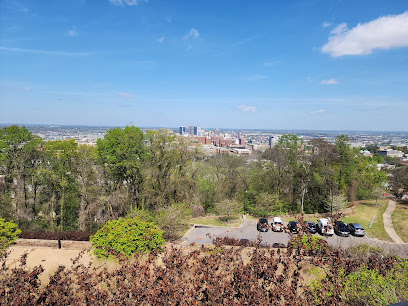
Oak Mountain State Park
Explore Alabama's largest state park: hiking, biking, lakes, and wildlife await just south of Birmingham in this natural playground.
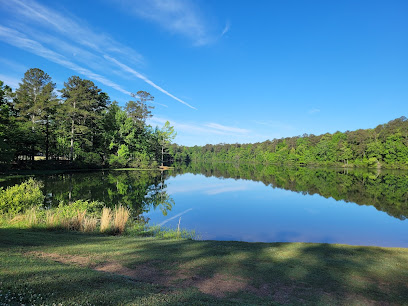
Sloss Furnaces National Historic Landmark
Explore Birmingham's industrial past at Sloss Furnaces, a National Historic Landmark offering history, art, and unique events in a preserved ironworks.

Tannehill Ironworks Historical State Park
Discover Alabama's industrial heritage at Tannehill Ironworks Historical State Park. Explore historic ironworks, museums, and scenic trails.
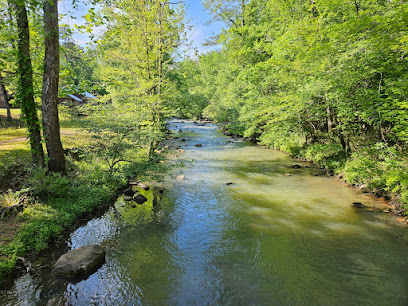
Arlington Antebellum Home & Gardens
Discover Birmingham's only antebellum mansion, a beautifully preserved house museum and gardens offering a glimpse into 19th-century life and Southern history.
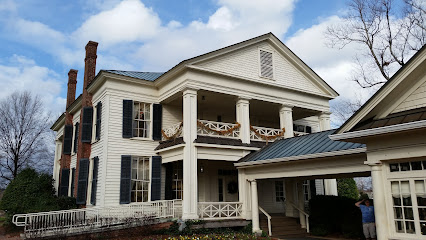
Liberty Park
Discover Liberty Park in Vestavia Hills: A vibrant community with the iconic Statue of Liberty replica, blending historical charm with modern living.
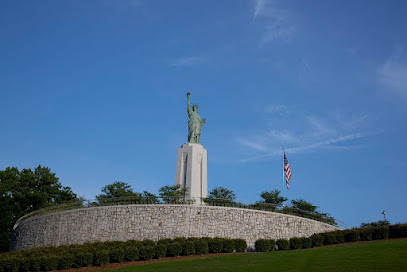
Birmingham Civil Rights National Monument
Explore Birmingham's Civil Rights National Monument: a powerful journey through history, honoring the fight for equality and justice.
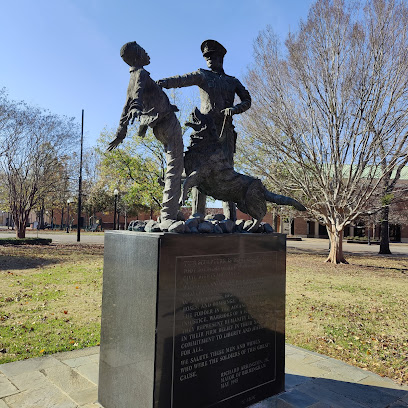
Old Cahawba Archaeological Park
Discover Alabama's captivating history in the ghostly ruins of its first capital, where nature and archaeology intertwine.
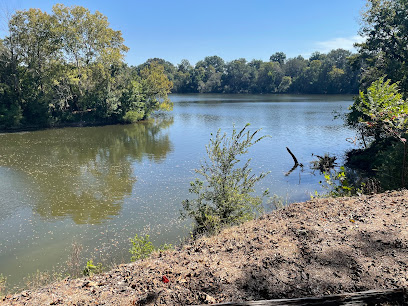
Heaviest Corner On Earth
Discover Birmingham's 'Heaviest Corner on Earth,' where architectural marvels from the early 1900s stand as a testament to the city's industrial boom and enduring spirit.
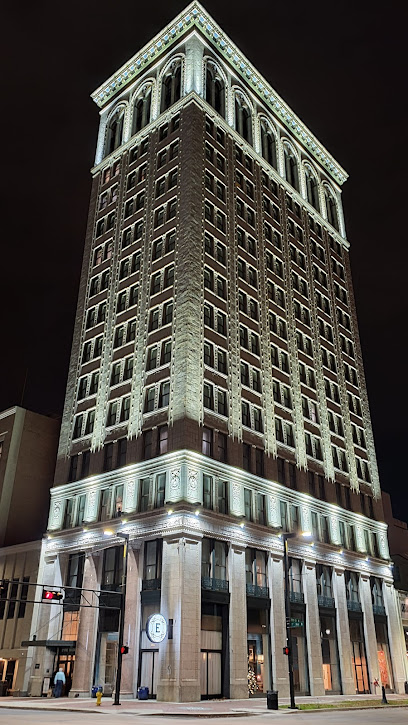
Unmissable attractions to see
Birmingham Zoo
Explore wildlife from around the world at the Birmingham Zoo, a conservation leader and family-friendly destination in Alabama.
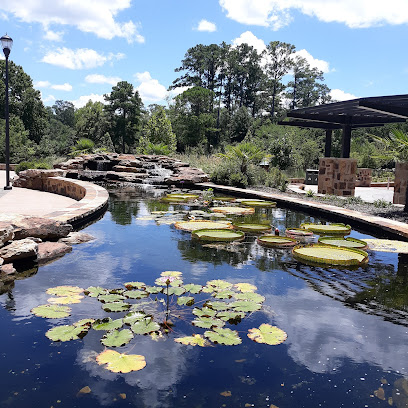
Vulcan Park and Museum
Discover Birmingham's history and iconic cast-iron statue at Vulcan Park and Museum, offering stunning city views and interactive exhibits.
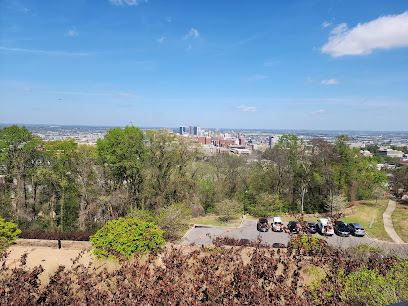
McWane Science Center
Explore interactive science exhibits, an aquarium, and an IMAX Dome Theater at Birmingham's leading science museum. A great family adventure!

Barber Vintage Motorsports Museum
Home to the world's largest motorcycle collection, showcasing a century of motorsports history and design in a unique, immersive setting.
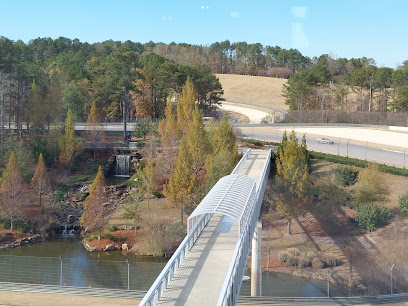
Oak Mountain State Park
Explore Alabama's largest state park: hiking, biking, lakes, wildlife, and endless outdoor adventures await near Birmingham.
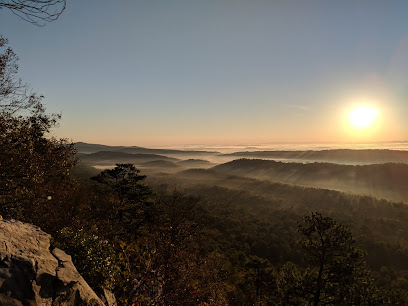
Railroad Park Foundation
Discover Birmingham's vibrant heart at Railroad Park: a blend of green space, recreation, and history in a revitalized urban oasis.
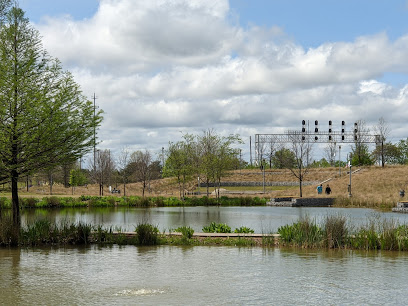
Birmingham Botanical Gardens
Explore diverse gardens & glasshouses at Birmingham Botanical Gardens. A free, beautiful escape with events, education, and horticultural wonders.
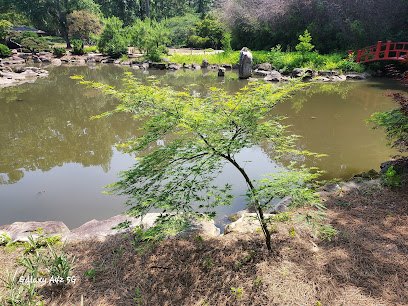
Birmingham Museum of Art
Discover 29,000+ artworks from around the globe at the Birmingham Museum of Art. Free admission, diverse collections, and enriching programs await!
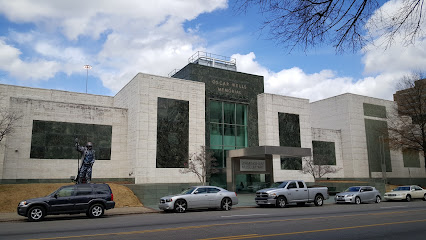
Sloss Furnaces National Historic Landmark
Explore Birmingham's industrial past at this unique National Historic Landmark, a preserved 20th-century blast furnace and museum.

Moss Rock Preserve
Explore boulder fields, waterfalls, and scenic trails at this 349-acre nature preserve in the heart of Hoover, Alabama.
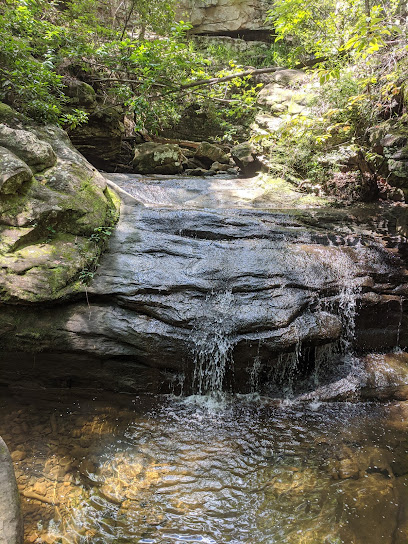
Red Mountain Park
Explore Birmingham's Red Mountain Park: Hike scenic trails, discover mining history, and enjoy stunning city views in this urban oasis.
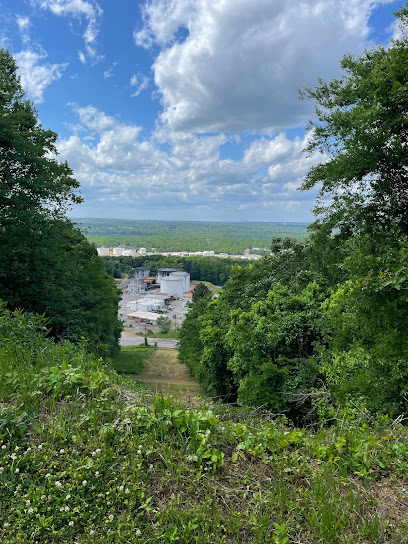
Kelly Ingram Park
Explore Kelly Ingram Park in Birmingham, a historic landmark of the Civil Rights Movement, featuring powerful sculptures and offering a poignant journey through America's struggle for equality and justice.
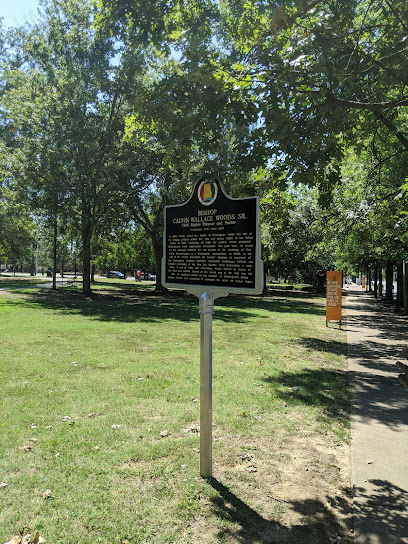
Heardmont Park
Discover a vibrant recreational hub in Birmingham, AL, with sports fields, walking trails, playgrounds, and a senior center for all ages.
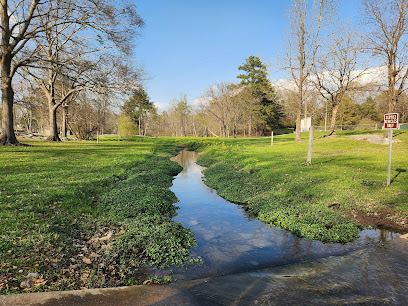
Southern Museum of Flight
Discover the history of flight at Birmingham's Southern Museum of Flight, featuring aircraft, exhibits, and the Alabama Aviation Hall of Fame.
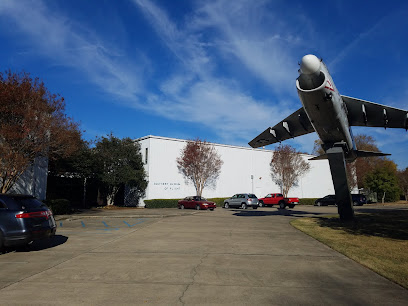
Birmingham Civil Rights Institute
Explore the pivotal role of Birmingham in the Civil Rights Movement through immersive exhibits, powerful stories, and historical archives.
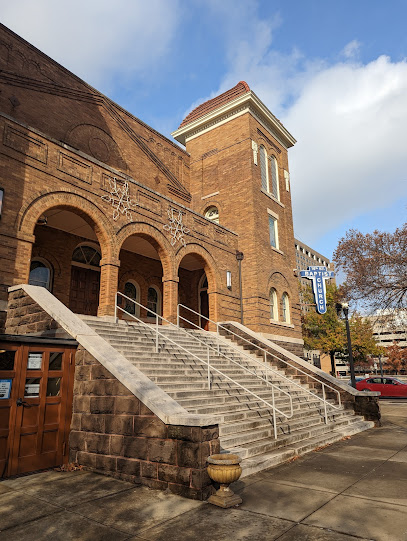
Essential places to dine
Cracker Barrel Old Country Store
Savor authentic Southern cuisine at Cracker Barrel Old Country Store – where comfort food meets nostalgia in Pelham.
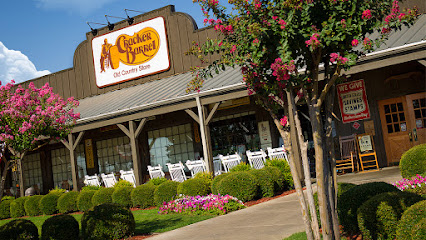
Perry's Steakhouse & Grille
Experience culinary excellence at Perry's Steakhouse & Grille in Birmingham – where exquisite steaks meet exceptional service.

Jack Brown's Beer & Burger Joint Birmingham
Experience unique burgers and an extensive craft beer selection at Jack Brown's Beer & Burger Joint in Birmingham.
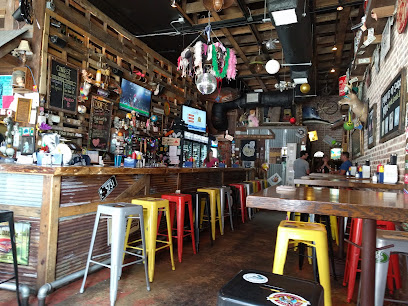
Margarita Grill
Discover flavorful Tex-Mex cuisine at Margarita Grill in Pelham – where vibrant dishes meet refreshing cocktails in a lively atmosphere.
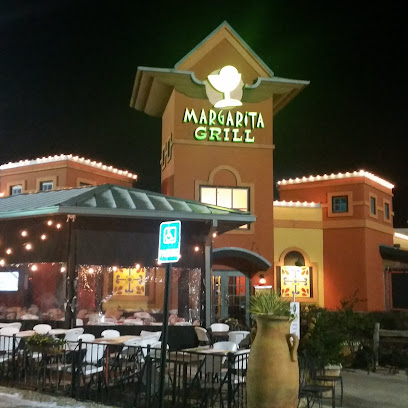
SAW’s Soul Kitchen
Discover authentic Southern barbecue at SAW's Soul Kitchen in Birmingham – where flavor meets hospitality in every bite.
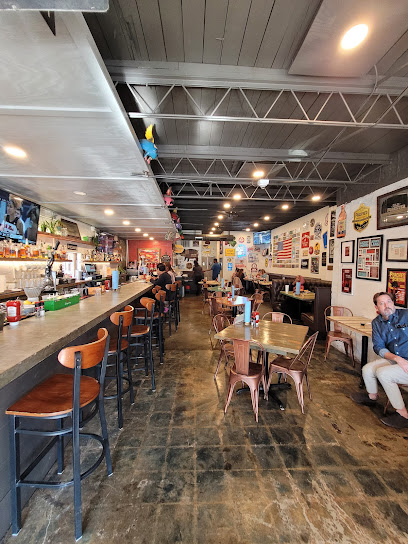
J. Alexander's Restaurant
Discover exquisite American cuisine at J. Alexander's Restaurant in Hoover - where tradition meets taste in every bite.
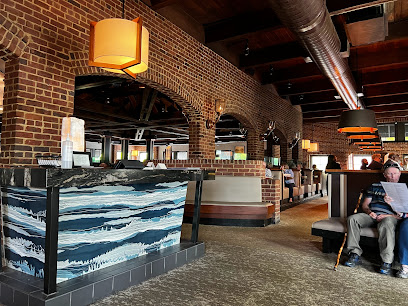
Seasons 52
Discover the essence of fresh dining at Seasons 52 in Birmingham – where seasonal ingredients meet culinary excellence.
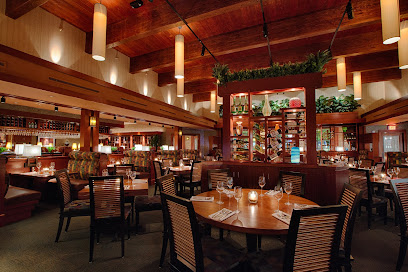
The Filling Station Bham
Discover the heart of Birmingham dining at The Filling Station Bham – where delicious pizzas meet Italian charm in Crestwood.
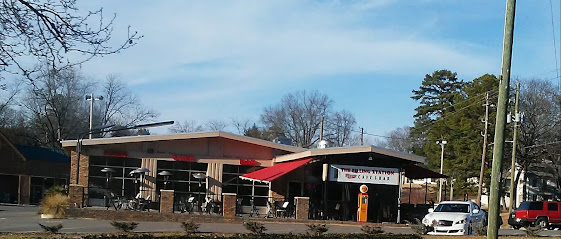
First Watch
Experience delicious breakfast and brunch at First Watch in Hoover – where health meets flavor in every bite!
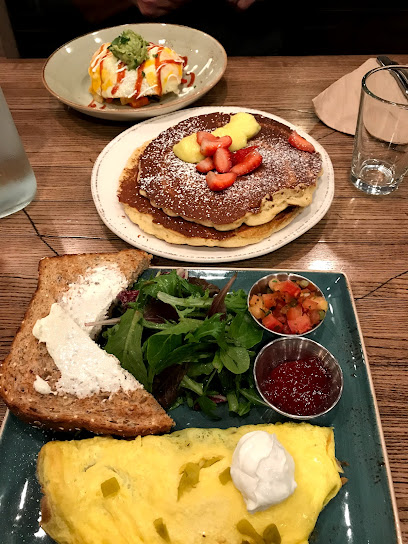
Gianmarco's Restaurant
Experience authentic Italian flavors at Gianmarco's Restaurant in Birmingham – where every meal feels like a celebration.
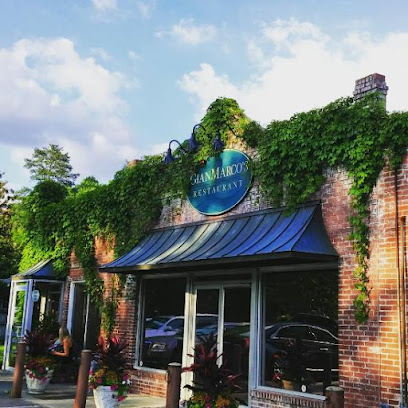
The Rougaroux
Experience authentic Cajun cuisine at The Rougaroux in Birmingham – where every dish tells a story.
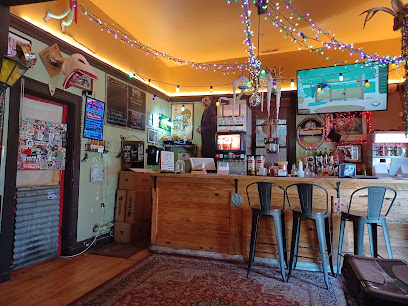
Martin's Bar-B-Que Joint
Experience the rich flavors of Southern barbecue at Martin's Bar-B-Que Joint in Cahaba Heights - where tradition meets taste.
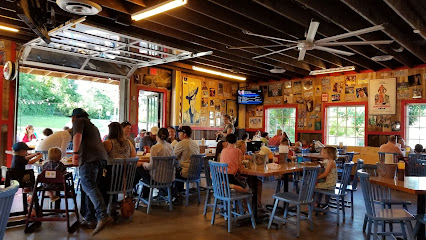
Bricktop's
Discover Bricktop's: A premier restaurant in Birmingham serving exquisite American cuisine in an elegant atmosphere perfect for any occasion.
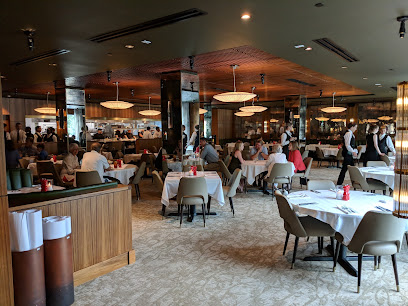
Saigon Noodle House
Experience authentic Vietnamese cuisine at Saigon Noodle House in Birmingham—where flavorful dishes meet warm hospitality.
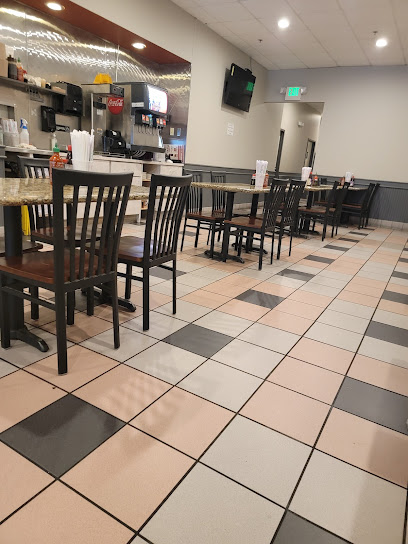
Mudtown Eat & Drink
Experience the best of Southern cuisine at Mudtown Eat & Drink in Birmingham – where every meal is a celebration of flavor.
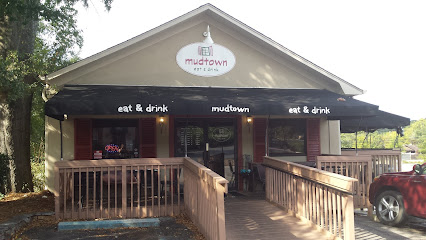
Markets, malls and hidden boutiques
Riverchase Galleria
Explore Riverchase Galleria, Alabama's premier shopping destination with over 150 stores and diverse dining options, perfect for shoppers and families alike.
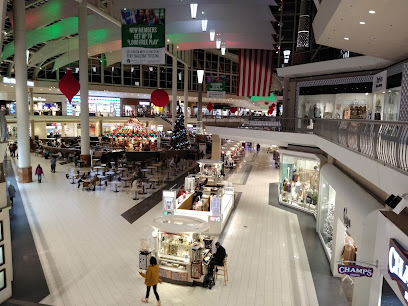
Irondale Pickers
Explore Irondale Pickers – A Treasure Trove of Unique Antiques and Vintage Finds in Alabama.

Cahaba Village
Explore Cahaba Village, a vibrant business center in Mountain Brook, Alabama, filled with unique shops, delicious dining, and community charm.
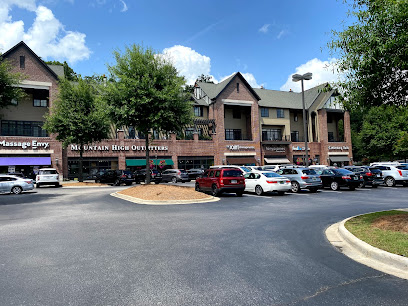
Old Navy
Explore Old Navy in Hoover, a vibrant clothing store offering stylish and affordable fashion for the whole family in a welcoming environment.
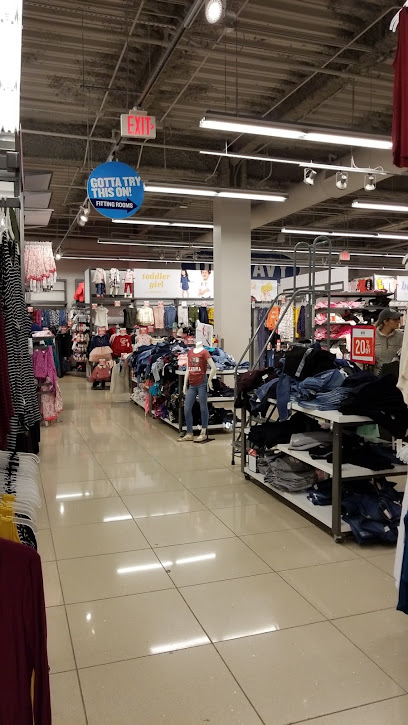
Urban Suburban Antiques
Discover unique antiques and art at Urban Suburban Antiques in Birmingham, a treasure trove for vintage lovers and gift seekers.
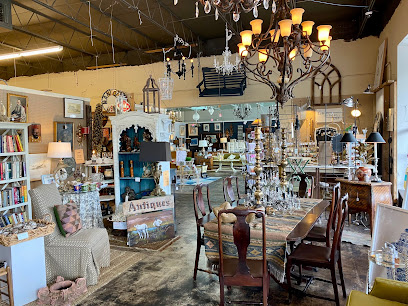
Hanna Antiques Mall
Explore the rich history and unique treasures at Hanna Antiques Mall in Birmingham, Alabama – a collector's paradise.
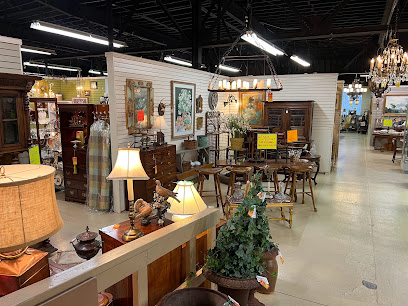
Mountain High Outfitters
Explore outdoor adventures with quality gear at Mountain High Outfitters, Birmingham's top destination for camping, kayaking, and more.
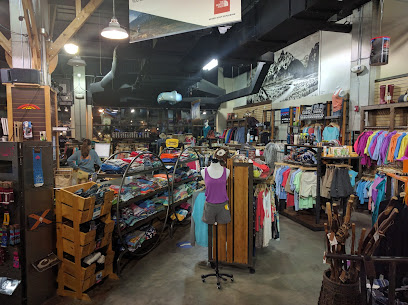
Santos Coffee - Acton Rd.
Discover Santos Coffee - Acton Rd.: A Cozy Coffee Shop in Vestavia Hills Serving Exceptional Brews and Fresh Pastries.
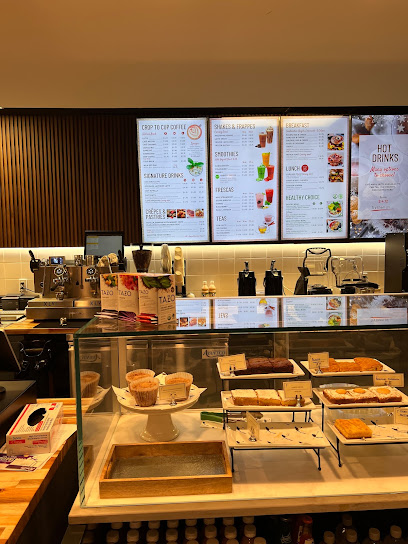
Cigars and More 280
Explore the ultimate cigar experience at Cigars and More 280, where premium cigars meet a vibrant lounge and social atmosphere in Birmingham, Alabama.
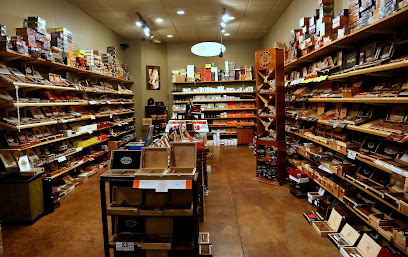
Sojourns
Explore Sojourns in Birmingham for unique gifts and local crafts that embody the spirit of Alabama's artistry and creativity.
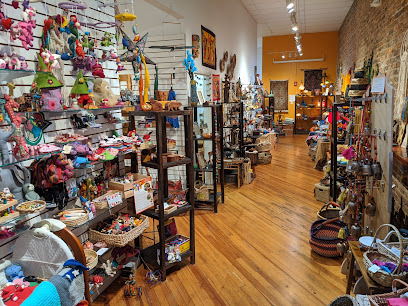
Deep South Outfitters
Explore Deep South Outfitters in Birmingham, Alabama, your ultimate destination for fishing gear, expert advice, and a passion for angling.
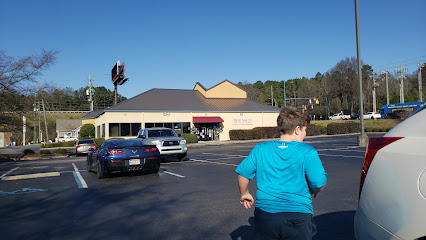
Second Hand Rose
Discover unique fashion treasures at Second Hand Rose, your go-to consignment shop in Cahaba Heights, Vestavia Hills, for stylish and sustainable finds.
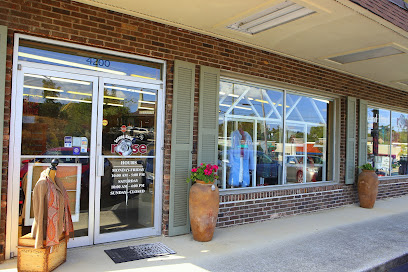
Swoozie's
Explore Swoozie's in Birmingham, Alabama - your ultimate destination for unique gifts, party supplies, and personalized invitations.

Lizard Thicket
Discover trendy women's fashion at Lizard Thicket in Birmingham, Alabama – a must-visit destination for stylish apparel and accessories.
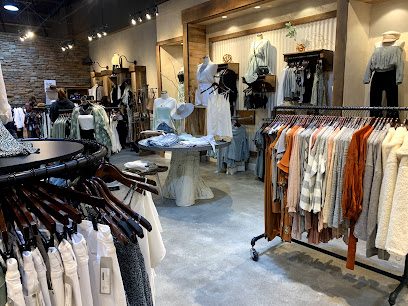
Soca Clothing
Explore Soca Clothing in Homewood, Alabama - a chic boutique offering unique women's apparel that combines style, comfort, and local charm.
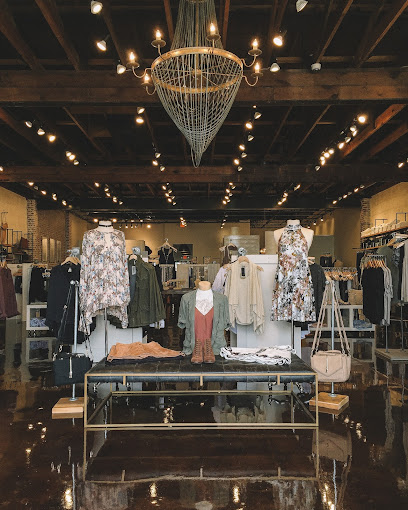
Essential bars & hidden hideouts
Twin Peaks
Experience the excitement of live sports and delicious American cuisine at Twin Peaks, Hoover's ultimate sports bar destination.
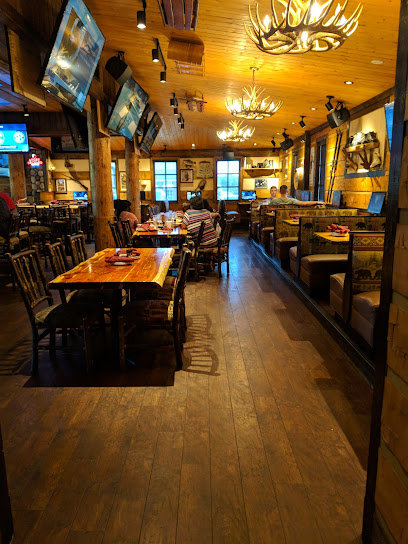
Dave & Buster's Birmingham
Experience the ultimate fusion of dining and entertainment at Dave & Buster's Birmingham with delicious food, thrilling games, and a lively atmosphere.
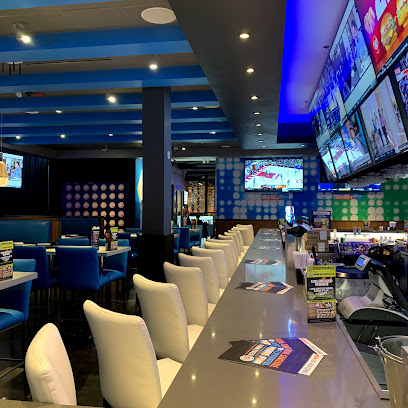
Black Market Bar + Grill
Experience the best of Southern cuisine at Black Market Bar + Grill in Birmingham, where delicious food meets a vibrant atmosphere.
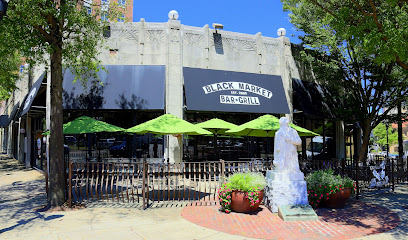
Perfect Note
Discover Perfect Note in Hoover, Alabama – where delicious cuisine meets captivating live music in a vibrant bar atmosphere.
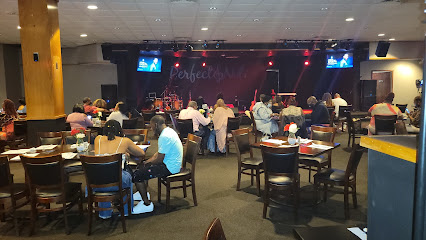
Black Market
Experience Birmingham's vibrant culinary scene at Black Market, where American classics meet a lively atmosphere and friendly service.
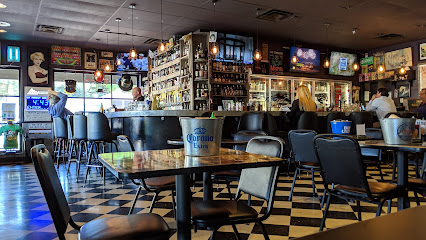
Carrigan's Public House [21+ Only]
Discover Carrigan's Public House, a premier gastropub in Birmingham, offering a unique blend of gourmet dining and lively bar experiences for adults only.
![Carrigan's Public House [21+ Only]](https://evendo-location-media.s3.amazonaws.com/BarImages/7367605d-795a-46b6-ae50-1825e1d76fb0)
Mudtown Eat & Drink
Experience the heart of Southern cuisine at Mudtown Eat & Drink, where every dish tells a flavorful story in Birmingham, Alabama.
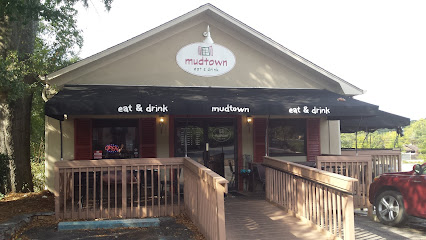
Walk-On's Sports Bistreaux - Stadium Trace Restaurant
Experience the excitement of sports dining at Walk-On's Sports Bistreaux - a perfect spot for food lovers and sports enthusiasts in Hoover, Alabama.
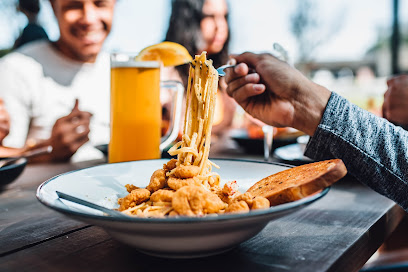
The Upper Deck
Experience the excitement of sports, karaoke, and delicious food at The Upper Deck, Birmingham's go-to sports bar for fun and entertainment.
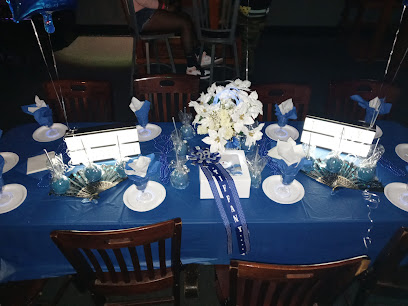
The Marble Ring
Experience the vibrant atmosphere and exquisite cocktails at The Marble Ring, Birmingham's premier speakeasy cocktail bar.

Miss Myra's Pit Bar B Q
Indulge in authentic Southern barbecue at Miss Myra's Pit Bar B Q, a must-visit culinary destination in Birmingham, Alabama, known for its flavorful smoked meats.
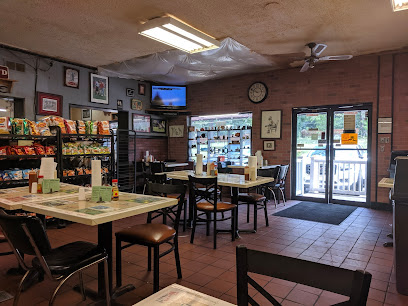
Pub 261
Discover the vibrant atmosphere of Pub 261 in Birmingham, where delicious food and refreshing drinks create the perfect local experience.
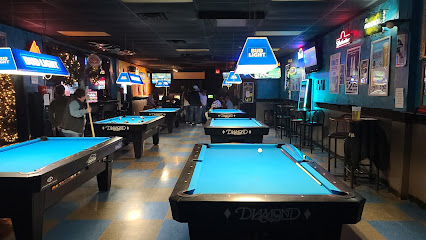
The Ridge Eat & Drink
Experience the best of American cuisine at The Ridge Eat & Drink in Vestavia Hills, Alabama, where delicious food meets a warm, inviting atmosphere.
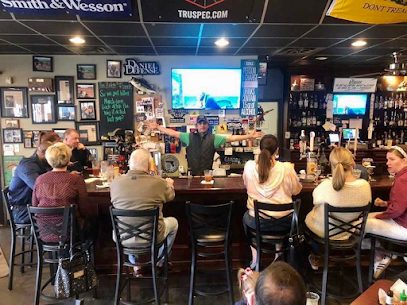
Satterfield's Restaurant
Discover the flavors of Southern cuisine at Satterfield's Restaurant, where American classics meet fine dining in Birmingham, Alabama.
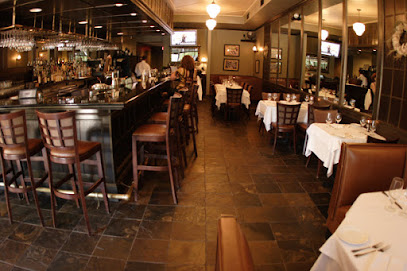
Local Phrases about Cahaba River
-
- HelloHey y'all
[Hey y'all] - GoodbyeSee ya later
[See ya later] - YesYessir
[Yessir] - NoNah
[Nah] - Please/You're welcomePlease/No problem
[Please/No problem] - Thank youThank ya
[Thank ya] - Excuse me/SorryPardon me/My bad
[Pardon me/My bad] - How are you?How y'all doin'?
[How y'all doin'?] - Fine. And you?Fine. And you?
[Fine. And you?] - Do you speak English?Ya speak English?
[Ya speak English?] - I don't understandI don't get it
[I don't get it]
- HelloHey y'all
-
- I'd like to see the menu, pleaseCan I see the menu?
[Can I see the menu?] - I don't eat meatI don't eat meat
[I don't eat meat] - Cheers!Cheers!
[Cheers!] - I would like to pay, pleaseI'd like to pay now
[I'd like to pay now]
- I'd like to see the menu, pleaseCan I see the menu?
-
- Help!Help!
[Help!] - Go away!Git!
[Git!] - Call the Police!Call the Po-lice!
[Call the Po-lice!] - Call a doctor!Call a doc!
[Call a doc!] - I'm lostI'm lost
[I'm lost] - I'm illI'm sick
[I'm sick]
- Help!Help!
-
- I'd like to buy...I wanna buy...
[I wanna buy...] - I'm just lookingJust lookin'
[Just lookin'] - How much is it?How much does it cost?
[How much does it cost?] - That's too expensiveThat's too pricey
[That's too pricey] - Can you lower the price?Can ya lower the price?
[Can ya lower the price?]
- I'd like to buy...I wanna buy...
-
- What time is it?What time is it?
[What time is it?] - It's one o'clockIt's one o'clock
[It's one o'clock] - Half past (10)Half past ten
[Half past ten] - MorningMornin'
[Mornin'] - AfternoonAfternoon
[Afternoon] - EveningEvenin'
[Evenin'] - YesterdayYest'day
[Yest'day] - TodayToday
[Today] - TomorrowTomorra
[Tomorra] - 1One
[One] - 2Two
[Two] - 3Three
[Three] - 4Four
[Four] - 5Five
[Five] - 6Six
[Six] - 7Seven
[Seven] - 8Eight
[Eight] - 9Nine
[Nine] - 10Ten
[Ten]
- What time is it?What time is it?
-
- Where's a/the...?Where's the...?
[Where's the...?] - What's the address?What's the address?
[What's the address?] - Can you show me (on the map)?Can ya show me?
[Can ya show me?] - When's the next (bus)?When's the next bus?
[When's the next bus?] - A ticket (to ....)A ticket to...
[A ticket to...]
- Where's a/the...?Where's the...?
History of Cahaba River
-
The Cahaba River area was originally inhabited by Native American tribes, notably the Mississippian culture and their ancestors. These tribes utilized the river for sustenance, transportation, and trade. Evidence of their presence includes ancient mound sites and artifacts found along the river's banks.
-
In the 16th century, Spanish explorers, including Hernando de Soto, traversed the region around the Cahaba River. These early European incursions were part of a broader quest for gold and other riches in the New World, leaving behind a legacy of journals and maps that provide insights into the early interactions between Europeans and Native Americans.
-
In 1819, Cahawba (later spelled Cahaba) was established at the confluence of the Cahaba and Alabama Rivers. It became Alabama's first state capital and a prominent center of commerce and politics. The town's strategic location made it an essential hub for river trade in the early 19th century.
-
During the Civil War, the Cahaba River played a significant role. Cahaba housed a Confederate prison, known as Castle Morgan, where Union soldiers were detained. The river served as a vital supply route for both Confederate and Union forces. The war left an indelible mark on the town and its surroundings.
-
Post-Civil War, Cahaba suffered from repeated flooding, which led to its decline. By 1866, the state capital was moved to Montgomery, and the town gradually became a ghost town. Today, Old Cahawba Archaeological Park preserves the ruins and tells the story of this once-thriving settlement.
-
In the 20th and 21st centuries, efforts have been made to preserve the natural beauty and historical significance of the Cahaba River. Conservation groups have worked tirelessly to protect the river's unique biodiversity, including rare and endangered species, and to maintain its historical sites for future generations.
-
The Cahaba River holds a special place in Alabama's cultural heritage. It is celebrated in local folklore, music, and literature. Annual events, such as the Cahaba River Society's Cahaba Lily Festival, highlight the river's ecological and historical importance, drawing visitors from around the world.
Cahaba River Essentials
-
The Cahaba River is located in central Alabama. The closest major airport is Birmingham-Shuttlesworth International Airport, approximately 45 miles north of the Cahaba River National Wildlife Refuge. From the airport, you can rent a car or take a taxi to the river. Alternatively, if driving from nearby cities, Cahaba River is accessible via major highways including I-65 and US-31.
-
Having a car is the most convenient way to explore the Cahaba River area due to limited public transport options. Car rentals are available at the Birmingham-Shuttlesworth International Airport. For local travel within the area, you can use ride-sharing services like Uber or Lyft. Some parts of the river are accessible by canoe or kayak, so consider renting watercraft if you plan to explore the river itself.
-
The official currency of the United States is the US Dollar (USD). Credit and debit cards are widely accepted, but it's advisable to carry some cash, especially if you plan to visit smaller shops or rural areas. ATMs are available in nearby towns like West Blocton and Helena, so you can withdraw cash if needed.
-
Cahaba River is generally a safe destination for tourists. However, it is prudent to take standard precautions such as not leaving valuables in your car and avoiding isolated areas after dark. Some areas of nearby cities like Birmingham have higher crime rates, so it's advisable to stay in well-populated and well-lit areas if visiting these urban centers.
-
In case of an emergency, dial 911 for immediate assistance. For non-urgent medical issues, the closest hospital is Brookwood Baptist Medical Center in Birmingham. It is recommended to have travel insurance that covers medical emergencies. Local police and fire departments are available in nearby towns. Carry a basic first-aid kit if you plan to hike or engage in outdoor activities.
-
Fashion: Do wear comfortable and weather-appropriate clothing, especially if you plan to hike or engage in outdoor activities. Avoid wearing flashy jewelry. Religion: Do respect local religious customs if visiting churches or religious sites. Public Transport: Do use ride-sharing services if you plan to move around locally. Don’t rely on public transport as it is limited. Greetings: Do greet people with a friendly 'Hello' or 'Hi'. Southerners are known for their hospitality. Eating & Drinking: Do try local Southern cuisine. Don’t leave without trying dishes like BBQ, fried catfish, and sweet tea.
-
To experience Cahaba River like a local, visit during the Cahaba Lily blooming season in late spring for stunning views. Bring a picnic and enjoy the natural beauty at places like the Cahaba River National Wildlife Refuge. Engage with locals to learn about the history of the area, including its role in the Civil War. If you're into fishing, the river is known for its diverse fish species, so bring your fishing gear.
Trending Landmarks in Cahaba River
Nearby Cities to Cahaba River
-
Things To Do in Selma
-
Things To Do in Prattville
-
Things To Do in Montgomery
-
Things To Do in Cullman
-
Things To Do in Gadsden
-
Things To Do in Opelika
-
Things To Do in Starkville
-
Things To Do in Meridian
-
Things To Do in Huntsville
-
Things To Do in Tupelo
-
Things To Do in Dothan
-
Things To Do in Grenada
-
Things To Do in Mobile
-
Things To Do in Chattanooga
-
Things To Do in Daphne







